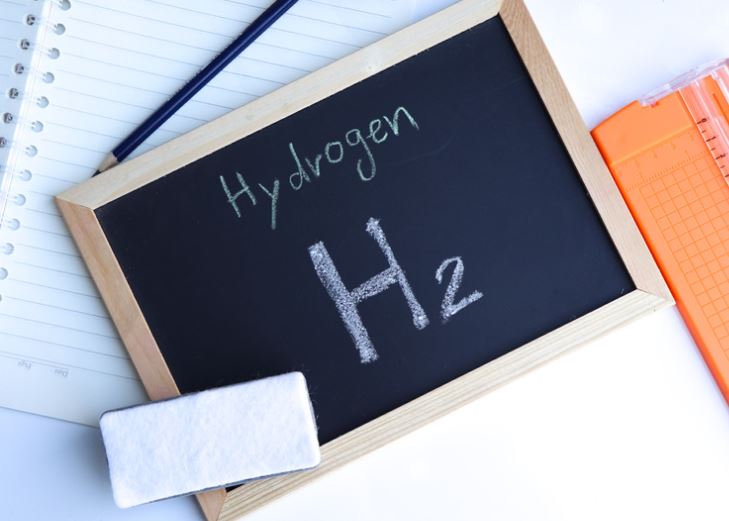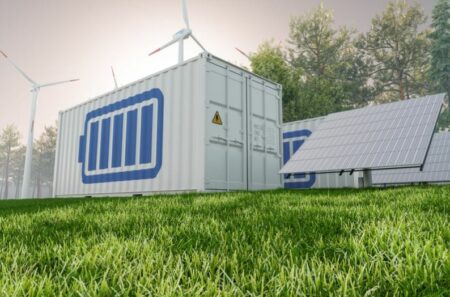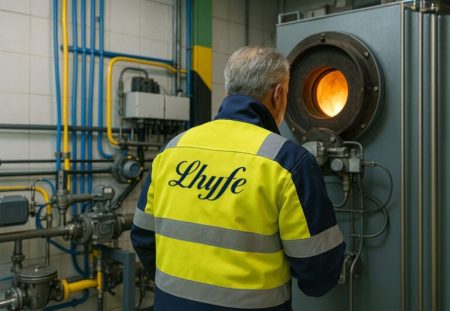Hydrogen produced from renewable energy sources is increasingly seen as a vital component in Europe’s strategy to reduce carbon emissions. A recent study conducted by the Joint Research Centre (JRC) for the Clean Hydrogen Partnership highlights the environmental implications of different hydrogen production and delivery methods.
The study emphasizes that the most sustainable option for hydrogen production is on-site generation using locally abundant renewable sources. For example, wind power in the Netherlands can produce hydrogen with minimal environmental impact. However, when local on-site production is not feasible, importing renewable hydrogen remains a viable alternative.
Transporting hydrogen over long distances, whether via pipelines or ships, can still be environmentally friendly, particularly when compared to traditional fossil fuel-based hydrogen production methods. The study analyzed the environmental performance of hydrogen transported 2,500 km, a distance representative of potential supply routes within the European Union, such as from Portugal to the Netherlands.
Three primary delivery methods were evaluated: compression, liquefaction, and chemical bonding to other molecules. The study found that compressed hydrogen transported through pipelines and liquid hydrogen shipped by sea generally have lower environmental impacts. These methods are more efficient and have less environmental toll compared to alternatives involving chemical carriers.
Compression and Pipeline Transport
Transporting compressed hydrogen via pipelines emerged as one of the most environmentally sustainable options. This method minimizes energy use and resource consumption compared to other delivery pathways. However, hydrogen loss during compression and transport is a concern, albeit less impactful than the alternatives.
Liquefaction and Shipping
Shipping liquid hydrogen also showed favorable environmental performance. Despite the energy-intensive process of liquefying hydrogen, this method benefits from lower overall emissions during long-distance transport. However, as with compression, hydrogen loss remains an issue, but its impact is relatively contained.
Chemical Carriers
Hydrogen can also be transported by binding it chemically to carriers such as ammonia or methanol. However, this process demands significantly more energy and resources for packing and unpacking, making it less sustainable. The study noted no significant differences among various chemical carriers regarding their environmental impacts, but collectively, they are less desirable than compression and liquefaction methods.
Role of Renewable Energy Infrastructure
The study underscores the importance of renewable energy infrastructure in minimizing the environmental impact of hydrogen production and delivery. For instance, the environmental benefits of imported solar-generated hydrogen depend heavily on the sustainability of photovoltaic (PV) panel production. Improving PV panel efficiency and utilizing renewable energy in their manufacture can significantly enhance the green credentials of solar-generated hydrogen.
Water use is another critical factor influencing the environmental impact of hydrogen production. On-site production in water-rich countries is generally more sustainable compared to importing hydrogen from water-scarce regions. The availability and efficient use of freshwater resources play a significant role in determining the overall sustainability of hydrogen production processes.
Hydrogen Loss
Hydrogen loss during transport is a notable issue that can increase the environmental impact. Despite this, the study found that both compressed and liquid hydrogen options, which are more prone to losses, still outperform chemical carriers in terms of overall environmental impact.








